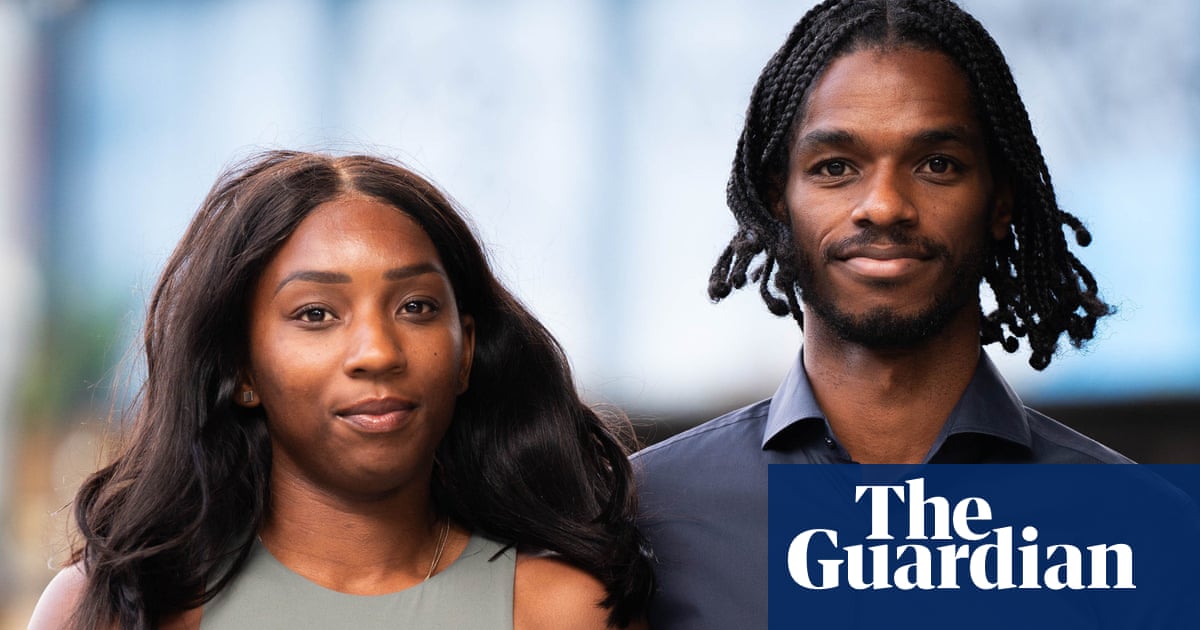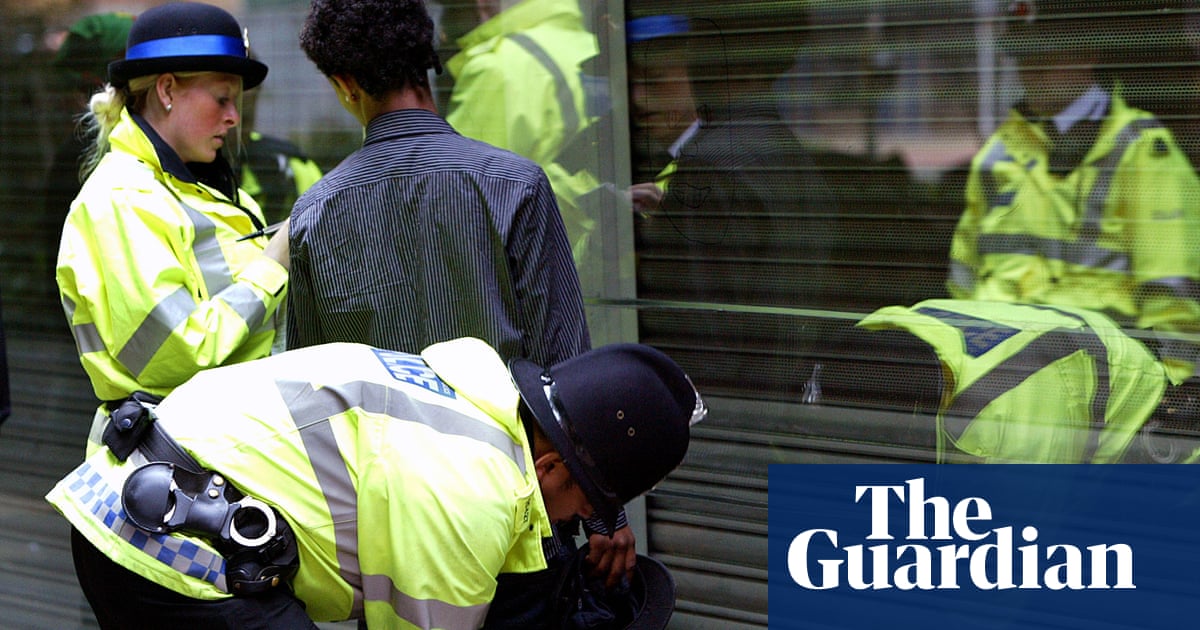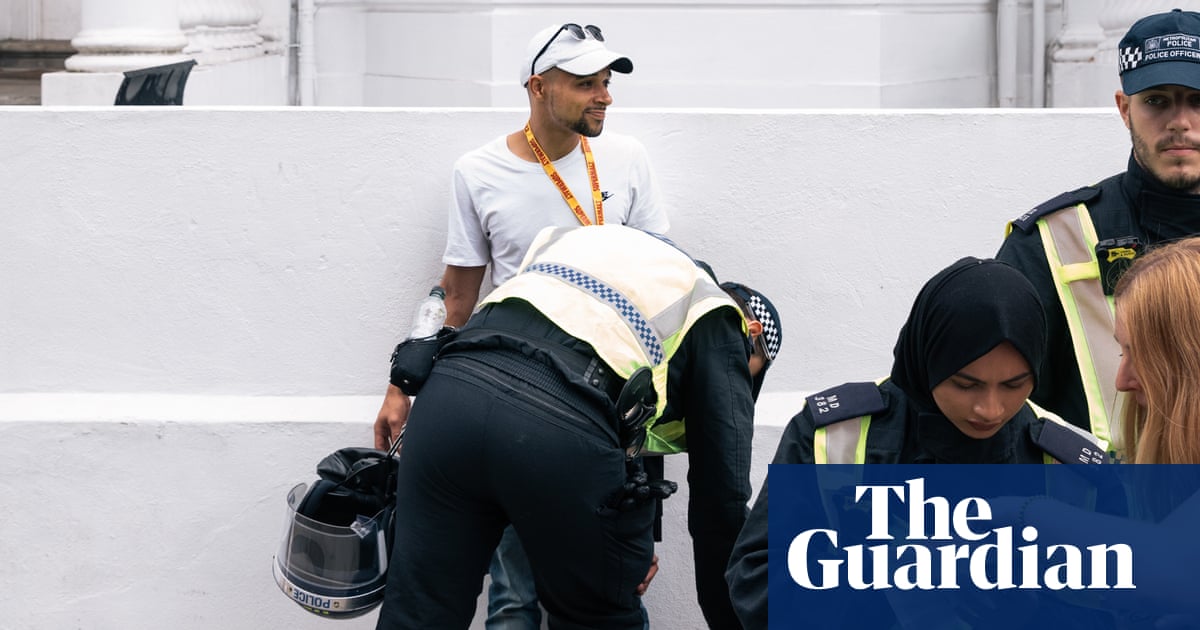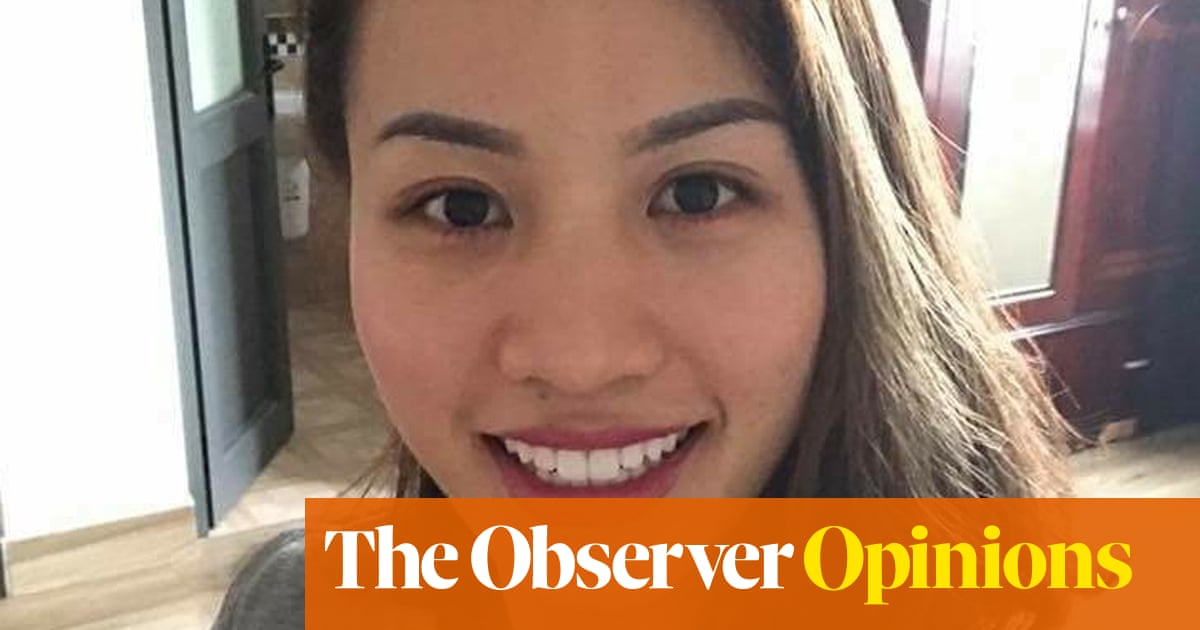
here is “widespread dissatisfaction” with the police among black communities with it being clear young black men are being disproportionately stopped and searched at an “eye-watering” rate, a former senior police chief has said.
Mike Cunningham, who retired last month as chief executive of the College of Policing which sets standards for law enforcement, said stop and search was the “totemic” issue and called for “humility” from police leaders faced with sustained criticism after a tumultuous year. He said law enforcement had achieved a lot but had much more to do on the issue.
In an interview to mark his retirement from policing after 32 years, including stints as chief constable of Staffordshire and HM Inspector of Constabulary, Cunningham told the Guardian: “It is absolutely starkly clear that there is a widespread dissatisfaction with policing from black people. And, I don’t think anybody should try to dress that up and say, ‘it isn’t real, it’s a mistake, it’s a perception’. Something more needs to be done.”
Race exploded as an issue last year after police in the United States brutally killed George Floyd. It triggered demonstrations worldwide, with the scale of protest in the UK shocking British police leaders.
Over 250,000 people demonstrated during lockdown, a figure that otherwise could have been higher.
It tapped into simmering discontent at stop and search by police, especially in London, with a string of incidents caught on video where innocent black people were stopped, and sometimes handcuffed, sparking claims of racial profiling.
Cunningham said the rate at which young black men were stopped remained “eye watering”. He said: “What I mean is, the numbers of particularly young black men who are stopped and searched, compared to white men, is still huge in some parts of the country.”
The latest official figures show black people are nine times more likely than white to be stopped by police in England and Wales. In London, black young men are 19 times more likely to be stopped than the general population, according to analysis of official data by University College London. The Met says young black men are disproportionately perpetrators of knife crime.
Cunningham said: “You only have to listen to what black communities are saying. This is still a big problem in terms of community trust and community confidence.”
The Metropolitan police are to run a six-month pilot recording the ethnicity of people stopped in their cars in a move aimed at halting the alleged targeting of people for “driving while black”. It follows a spate of cases last year when people were stopped and found to be innocent.
Cunningham said claims of racial profiling could not be dismissed and more work was needed to understand the reasons for disproportionate stop and search figures affecting black people across England and Wales.
He said of police officers: “If you work in an area where there has been a lot of knife crime, and it has been the case that the perpetrators and victims are both young black boys and men, then that could well lead officers from their operational experience to think, ‘well, actually this is how I need to address this problem’.”
Asked if that meant being more likely to stop people of a certain colour, Cunningham said: “Yeah … who is most likely to be carrying knives in this place? Well the most knife crime that I have seen is perpetrated by young black men and that takes them in that direction.”
He said stop and search was a vital crime-fighting tool, but it would not solve violent crime: “There is evidence to show that it has a short-term effect and can be of use. But there is no evidence to say it’s a long-term solution to serious violent crime.
“To look for a long-term solution through stopping and searching people is not the way to address it.”
He said policing had improved its stance on race since he joined in 1987. He said it was not just stop and search causing problems for the legitimacy of policing: “There are serious issues also about how we recruit black people into policing, how people from minority ethnic backgrounds thrive in policing, feel included in policing.
“There are still lots of very, very clear voices that are telling us that we haven’t done enough, and I think we have to accept that. There’s no point people at the top of policing like me just saying ‘that’s not true’.
“These are evidence backed, committed people who want to say there is something not yet right around race and policing. And I think it is absolutely incumbent upon the leadership of the service to respond to that in an open way with some humility to try and understand what more needs to be done, because unquestionably more does need to be done.”












